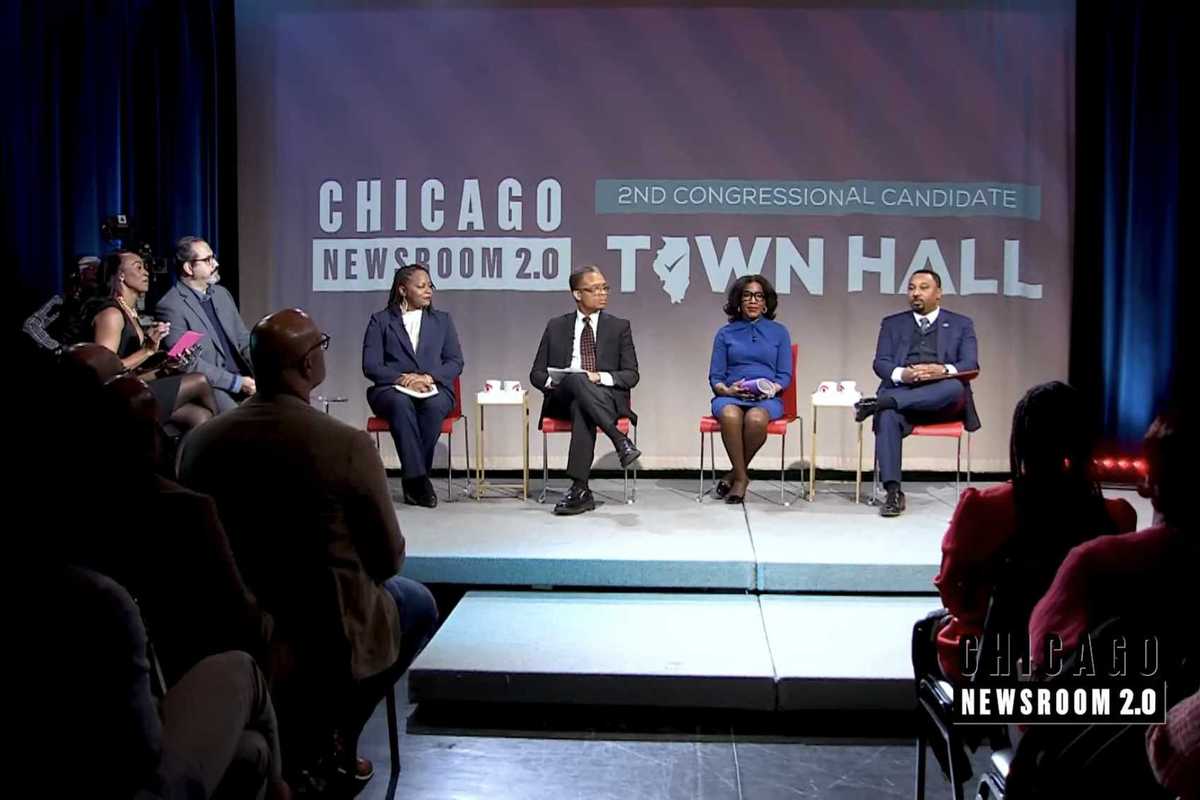It’s no secret that pop culture in America has amazing healing and connecting powers. Throughout history, we’ve seen how artists, entertainers, athletes and creators of every kind invite us into a space of transcendence that leads to connectivity. We see that when we join people together their energy can be harnessed for good, and then amplified and scaled.
Certainly comedy fits in perfectly. Laughter is the embodiment of depolarization. Just consider that in order for something to evoke laughter, it has to have the capacity to both hold tension and release tension at the same time. And so we invite you to join Bridge Entertainment Labs tomorrow at 4 pm Eastern for “What’s Making Us Laugh? What Role Does Comedy Play in Pulling Us Together — or Driving Us Apart?”
As part of BEL’s “Creating New American Stories of Us” series, this virtual event will explore some of the ways comedy is showing up on screens, stages, and in communities across our country, sometimes serving to deepen our divides and further alienate Americans from each other — and sometimes doing just the opposite.
Questions to be explored include:
- How can comedy humanize Americans to each other across social and political divides?
- What role does comedy play in shaping our country’s social norms?
- What are some of the innovative ways in which groups across America are harnessing the power of comedy to strengthen rather than divide communities?
- What role can humor, laughter, and comedy play in strengthening our democracy?
Register now.
Confirmed participants for the webinar:
- Caty Borum, executive director, Center for Media & Social Impact
- Blake Pickens, Emmy Award winning comedian and filmmaker
- Rob Long, writer and producer, “Cheers”; co-founder, Ricochet
- Pedro Silva, director of engagement, YOUnify
- Karith Foster, founder and CEO, Inversity Solutions; author, “ You Can Be Perfect or You Can Be Happy ”
- Tane Danger, Brandon Boat and Tryg Throntveit, creators, “Sketches of Minnesota"
- Kevin Lindsey, CEO, Minnesota Humanities Center
- Dave Caplan, writer and executive producer, “The Conners”
- Rob Feld, filmmaker and journalist
- Libby Stegger, executive director, Move for America
- Steven Olikara, president, Bridge Entertainment Labs
Bridge Entertainment Labs was created to help reverse the trend towards deepening division in America by promoting the creation of content that humanizes political tribes to one another and develops shared cultural spaces for Americans of different backgrounds and beliefs.
In the spirit of election season, some bipartisan one-liners for your enjoyment.
- Washington, D.C., is a city where many politicians are waiting to be discovered, and an equal number are afraid they might be.
- There's nothing wrong with this country that a good politician can't exaggerate.
- The gifted politician is the one who can give the type of answer that makes you completely forget the question.
- A skilled politician is one who can stand up and rock the boat and then make you believe he is the only one who can save you from the storm.
- A political war is one in which everyone shoots from the lip.
- No party can fool all the people all the time ... that's why we have two of them.
- Not much of a choice this year – one candidate looks like the seller of used cars, the other one looks like a buyer of used cars.
- We'll double-cross that bridge when we come to it.




















